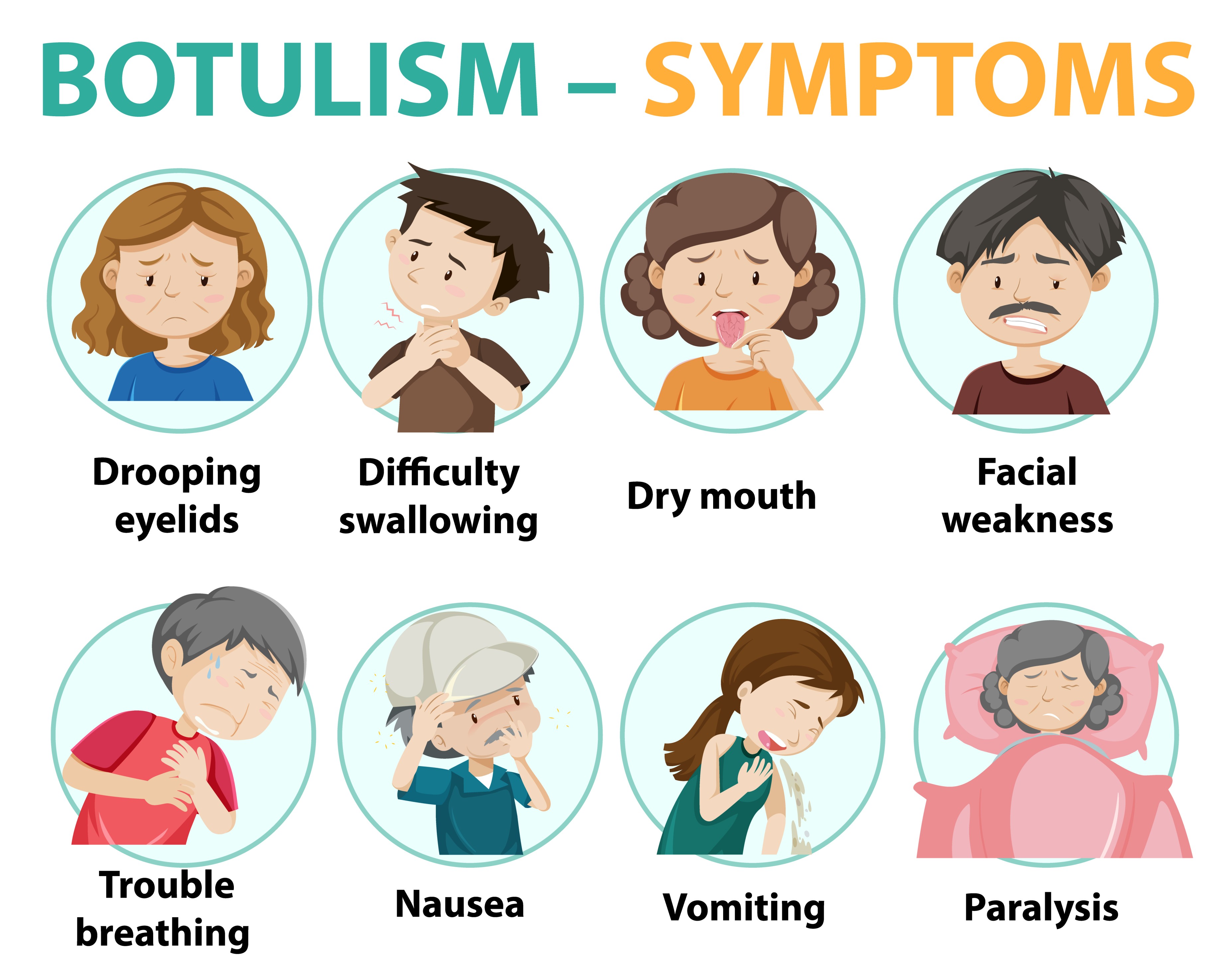
Signs and Symptoms of Cystic Fibrosis Across Different Age Groups
Introduction: Cystic fibrosis (CF) is a genetic disorder that affects the lungs and digestive system. It’s essential to recognize its signs and symptoms early on to manage the condition effectively. Symptoms can vary across different age groups, making awareness crucial for timely intervention.
Infants and Toddlers:
In infants and toddlers, symptoms of cystic fibrosis may not be immediately apparent. However, some common signs include:
- Persistent Cough: Infants may have a persistent cough that doesn’t seem to go away. This cough can be dry or produce mucus.
- Wheezing or Difficulty Breathing: Wheezing or shortness of breath, especially during feeding or physical activity, can indicate respiratory issues.
- Failure to Thrive: Poor weight gain despite a healthy appetite and adequate feeding can be a sign of CF-related digestive problems.
- Salty-Tasting Skin: Parents may notice that their baby’s skin tastes salty when kissed. This is due to the excess salt in sweat, a hallmark of CF.
Children and Adolescents:
As children with cystic fibrosis grow older, new symptoms may emerge:
- Chronic Respiratory Infections: Frequent lung infections, such as pneumonia or bronchitis,
are common in children with CF due to the buildup of thick mucus in the lungs, providing a breeding ground for bacteria.
- Persistent Cough: A lingering cough that persists for weeks or months, along with increased mucus production, may indicate lung involvement.
- Digestive Issues: Children may experience digestive problems such as frequent greasy, foul-smelling stools, abdominal pain, and difficulty gaining weight despite a good appetite.
- Clubbing of Fingers and Toes: In some cases, the fingers and toes may become rounded and enlarged (clubbed), a sign of chronic oxygen deprivation.
Adults:
As individuals with cystic fibrosis reach adulthood, they may face additional challenges:
- Shortness of Breath: Progressive lung damage can lead to worsening shortness of breath, even with minimal exertion.
- Chronic Sinusitis: Recurrent sinus infections and nasal congestion are common in adults with CF due to the thick mucus blocking the sinus passages.
- Pancreatic Insufficiency: Many adults with CF develop pancreatic insufficiency, leading to malabsorption of nutrients and deficiencies in fat-soluble vitamins.
- Diabetes: CF-related diabetes can develop in adulthood due to damage to the pancreas, leading to high blood sugar levels.
Conclusion:
Cystic fibrosis is a complex condition with symptoms that can manifest differently across age groups. Early recognition of signs such as persistent cough, digestive issues, and respiratory infections is crucial for prompt diagnosis and management. With advances in treatment and care, individuals with CF can lead fulfilling lives despite the challenges posed by the condition.
To seek medical advice, always consult a Doctor. Here are our recommended experts. Click here
To read more on Respiratory disease . Click Here


